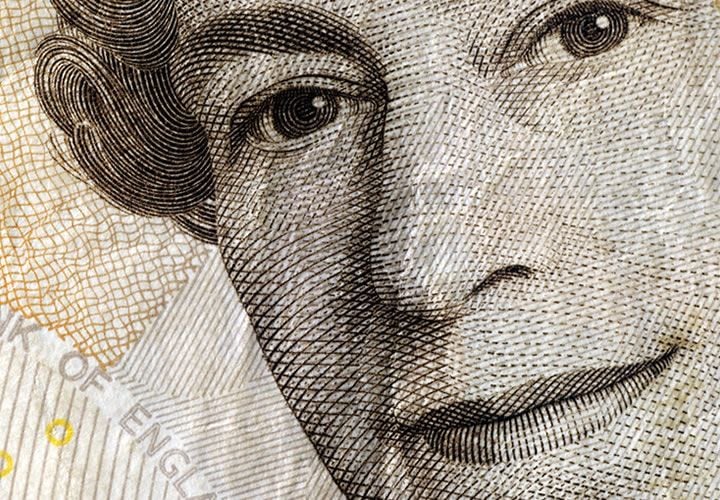Pound Stays Under Pressure Vs Euro After Slide in September Retail Sales

Sterling weakened Thursday after retail sales statistics showed in consumer spending during September, although economists still think the Bank of England (BOE) will hike rates on November 02.
The Pound was down sharply against its G10 rivals when it stumbled into the London close Thursday.
This was after Office for National Statistics data showed retail sales falling by -0.8% during September, a much steeper fall than had been expected by economists, with the consensus having been for a modest -0.1% decline.
Even after excluding more volatile items like motor fuel, the core retail sales index still dropped by 0.7%, with the bulk of the fall being the result of a marked slowdown in spending at non-food stores.
The Pound-to-Euro rate was quoted 0.73% lower at 1.1118 around the London close Thursday while the Pound-to-Dollar rate was down a lesser 0.43% at 1.3155.
Get up to 5% more foreign exchange by using a specialist provider by getting closer to the real market rate and avoid the gaping spreads charged by your bank for international payments. Learn more here.
Despite the data, UK growth has been relatively steady in Q3
Capital Economics' UK Economist, Ruth Gregory, downplayed the importance of the figures, pointing out that although September might have shown a slowdown, the previous two months were exceptionally strong so September was always likely going to be lower.
"Meanwhile, spending still rose by a decent 0.6% over Q3 as a whole, suggesting that sales (which account for around a third of overall spending) will provide a small 0.05pp or so boost to Q3 GDP growth," says Gregory.
It turns out Retail Sales is not always accurately representative of overall consumption either, according to Gregory, who says:
"Of course, retail sales have not been a particularly good barometer of overall household spending recently. While sales rose by a quarterly 1.1% in Q2, total spending picked up by just 0.2%."
Lower car sales were responsible for the reduced total spending figure in Q2, but this is not the case in Q3 when car sales have picked up significantly, and overall Gregory is confident that Q3 will show growth and the BOE will forge ahead and raise interest rates at their November meeting.
This suggests the current weakness in Sterling pairs is probably just temporary.
The official release backed up the overall constructive view, saying that, "the underlying pattern in the retail industry is one of growth; for the three-months on three-month's measure, the quantity bought increased by 0.6%."
The sharper fall in non-food sales, however, is a negative indicator overall as people tend to spend most of their money on food and is more indicative of belt-tightening.
Get up to 5% more foreign exchange by using a specialist provider by getting closer to the real market rate and avoid the gaping spreads charged by your bank for international payments. Learn more here.




